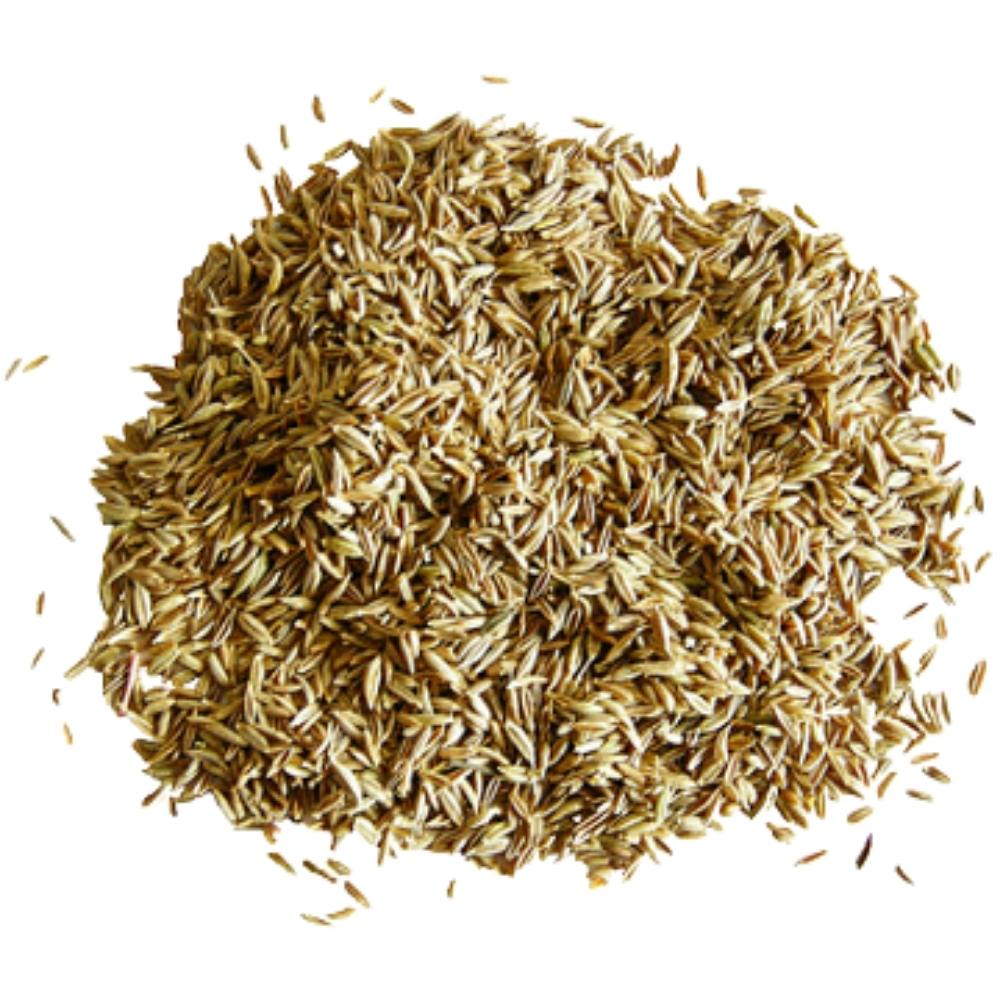FREE SHIPPING FROM 35 €
Search
Natural Ingredients
Cumin
Carminative and mild sedative.
Cumin, a carminative and mild sedative, used to appear, not in cakes, but in most Roman recipes. It facilitates the digestion of big meals. It is indicated for gastric and intestinal pains accompanied by belching and flatulence, and in particular for postprandial bloating. Its therapeutic properties are similar, though inferior, to those of fennel, anise and cardun, so must be used in higher dosages. It possesses depressant properties on the SNC able to cause muscle relaxation, and an analgesic and soporific effect. Folk medicine believes that the fruit from cumin, improperly called seeds, has emmenagoghe and galactogogue functions and, for external use, skin stimulating properties.
I nutraceutici
- Essential oil: aldehydes up to 60% (aldehyde cuminica), terpenic hydrocarbons up to 50% (a- e (l-pinene, y-terpinene, p-cymene, limonene ...)
- Fatty oil (20%): proteins (18%)
- Flavonoids, tannins, mucilage
The anti-carminative properties have broadened its culinary use, making it often associated with flo
Cuminum, the plant's antique name, is probably of Babylonian origin. Cumin found itself within the formulation of an aphrodisiac of Arab origin made up of: honey, cumin, pepper.
Therapeutic use: bloating; spasms of the gastrointestinal tract and biliary tract.


